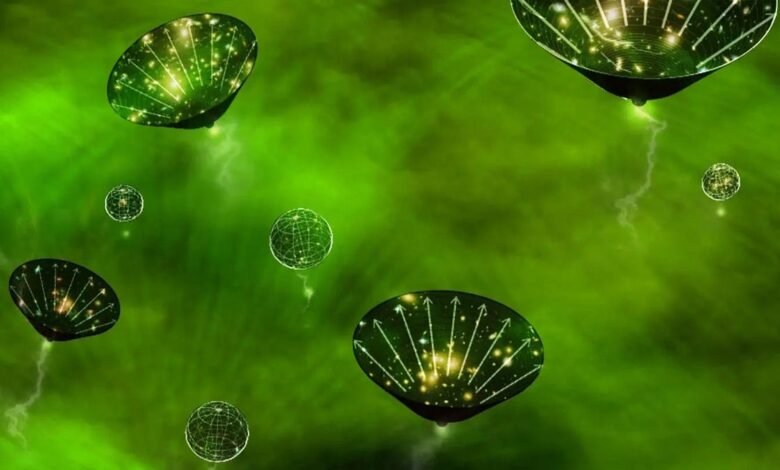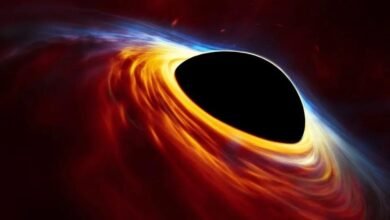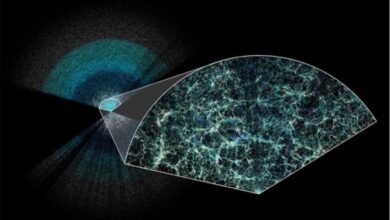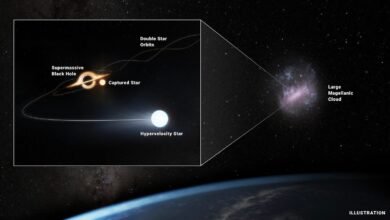Science’s best answer to “where did the Universe come from?” | by Ethan Siegel | Starts With A Bang! | Apr, 2025

Perhaps no existential question looms larger than that of our ultimate cosmic origins. At long last, science has provided the answers.
We’ve all had a moment, at some point in our lives, where we began to wonder about things greater than ourselves. What were things like before we came into existence? What were they like before our parents, grandparents, or even any human came into existence? Was there a time before life on Earth or even planet Earth itself existed? What about the Sun? What about any stars or planets at all? And what about the entire Universe itself: matter, energy, space, time, and even the underlying laws of nature themselves?
It’s possible, and perhaps even likely, that curious humans have been asking questions such as these for as long as there have been humans: for hundreds of thousands of years. For nearly all of that time, our scientific knowledge was far too primitive to draw any such conclusions. We didn’t know about the history of life on Earth, about the geological and fossil evidence for the enormous timescales required for evolution, or about the nature of the planets and stars found all throughout the Universe, as well as the science of astrophysics.
Source link





